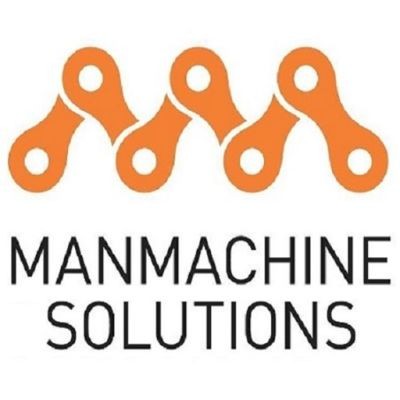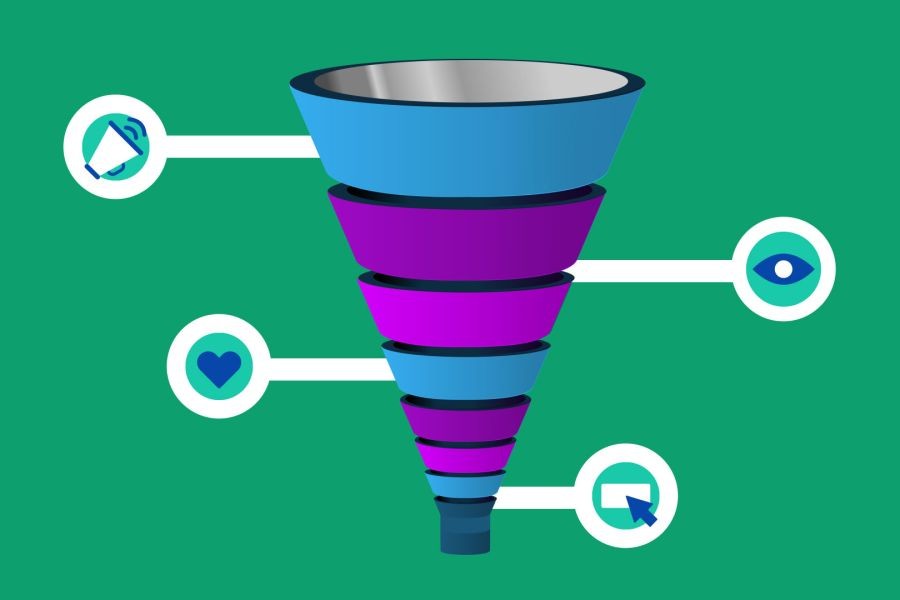As New Zealand’s real estate market continues to evolve, the need for innovative marketing strategies has never been more critical. Enter AI automation—an emerging force poised to revolutionize how properties are marketed across the country. With AI-driven solutions, real estate professionals can enhance efficiency, streamline operations, and ultimately, close more deals. But how exactly can AI be harnessed in real estate marketing? This article delves into real-world applications, step-by-step guidance, and crucial insights tailored for New Zealand's market analysts.
Case Study: Kiwi Realty's Transformation with AI
Kiwi Realty, a mid-sized real estate agency in Auckland, faced a common challenge: maximizing the reach of their marketing efforts in a competitive market. They struggled with time-consuming manual processes and inconsistent marketing results.
Problem:
Kiwi Realty's marketing team spent countless hours crafting property descriptions, managing ad campaigns, and analyzing market data, which led to inefficiencies and a lack of focus on client relationships.
Action:
The agency adopted an AI-powered marketing platform that automated these tasks. By integrating AI-driven tools like Natural Language Generation for property descriptions and machine learning algorithms for targeted ads, they streamlined their operations.
Result:
- Conversion rates increased by 35% within six months.
- Marketing costs reduced by 20%.
- Employee productivity saw a 30% boost, allowing more time for client interactions.
Takeaway:
Using AI to automate repetitive tasks not only improved efficiency but also freed up resources to enhance client engagement—a critical factor in New Zealand's competitive real estate market.
Step-by-Step Guide to Implementing AI in Real Estate Marketing
1. Identify Key Areas for Automation
Begin by assessing which marketing processes are most time-consuming and repetitive. Common areas include listing descriptions, ad targeting, and customer interactions.
2. Choose the Right AI Tools
Select AI solutions that align with your agency's needs. In New Zealand, platforms like Re-Leased and AI-driven CRM systems can provide tailored support for property management and client relations.
3. Train Your Team
Invest in training sessions to ensure your team understands how to leverage AI tools effectively. This step is crucial for maximizing the benefits of AI integration.
4. Monitor and Optimize
Regularly monitor AI-driven marketing campaigns to identify areas for improvement. Use analytics to refine strategies and ensure they align with market trends.
5. Stay Compliant with Regulations
Ensure all AI applications comply with New Zealand's privacy and data protection laws. This not only safeguards your clients' information but also builds trust.
Myths vs. Reality in AI-Driven Real Estate Marketing
Myth: "AI will replace human agents." Reality: AI enhances an agent's capabilities, allowing them to focus on building client relationships rather than performing mundane tasks. Myth: "AI is too expensive for small agencies." Reality: The cost of AI tools has decreased significantly, making them accessible to agencies of all sizes, with potential for high ROI. Myth: "AI lacks the personal touch." Reality: AI can personalize marketing efforts by analyzing client preferences and behaviors, leading to more tailored and effective communications.
Pros and Cons of AI in Real Estate Marketing
Pros:
- Efficiency Gains: Automates repetitive tasks, allowing agents to focus on high-value activities.
- Enhanced Targeting: AI algorithms can analyze large datasets to identify potential buyers better.
- Cost Efficiency: Reduces marketing costs through automation and precise targeting.
Cons:
- Initial Investment: Implementation costs can be high, especially for smaller agencies.
- Data Privacy Concerns: Mismanagement of client data can lead to compliance issues.
- Dependence on Technology: Over-reliance on AI can lead to skill atrophy among agents.
Future Trends in AI and Real Estate Marketing
According to a report by Stats NZ, the real estate sector is expected to see a 30% increase in AI adoption by 2026. This shift will likely lead to more personalized marketing strategies and improved client experiences. As AI technology continues to evolve, it's crucial for New Zealand's real estate professionals to stay informed and adaptable.
Final Takeaways & Call to Action
- AI automation can significantly enhance marketing efficiency and effectiveness.
- Adopting AI tools is increasingly accessible for agencies of all sizes.
- Compliance with data protection laws is essential to maintain client trust.
Ready to leverage AI for your real estate marketing? Start by identifying key areas for automation and explore AI solutions tailored for New Zealand's market. Share your experiences and insights in the comments below!
People Also Ask (FAQ)
How does AI impact real estate marketing in New Zealand?
AI helps Kiwi real estate agencies streamline operations and enhance client engagement by automating repetitive tasks and improving targeted marketing efforts.
What are the biggest misconceptions about AI in real estate?
A common myth is that AI will replace agents. In reality, AI tools enhance agents' abilities to focus on client relationships, increasing overall productivity.
What strategies should be considered when implementing AI in real estate?
Start by identifying repetitive tasks for automation, choose appropriate AI tools, and ensure staff are trained to maximize the benefits of AI integration.
Related Search Queries
- AI in New Zealand real estate marketing
- Benefits of AI for real estate agents
- AI tools for property management
- Real estate market trends in New Zealand
- Future of AI in real estate marketing








































tradewill
2 months ago